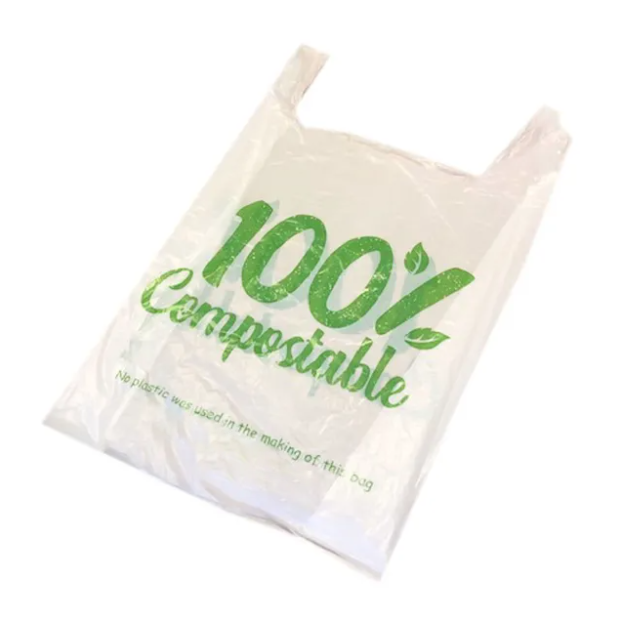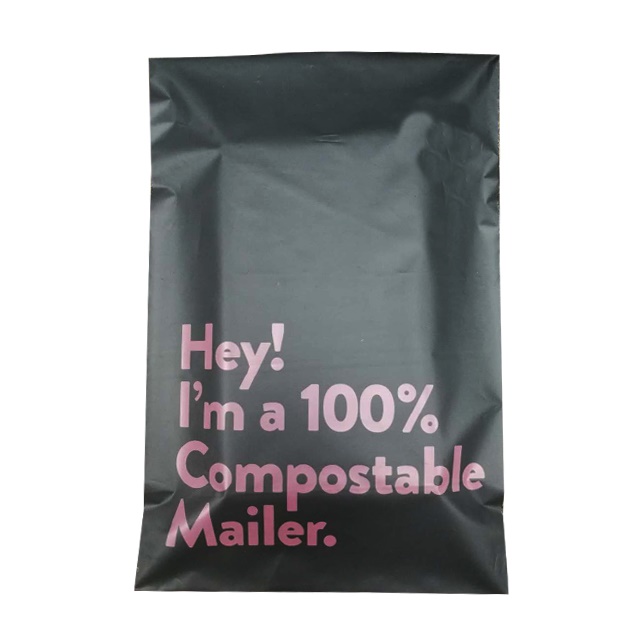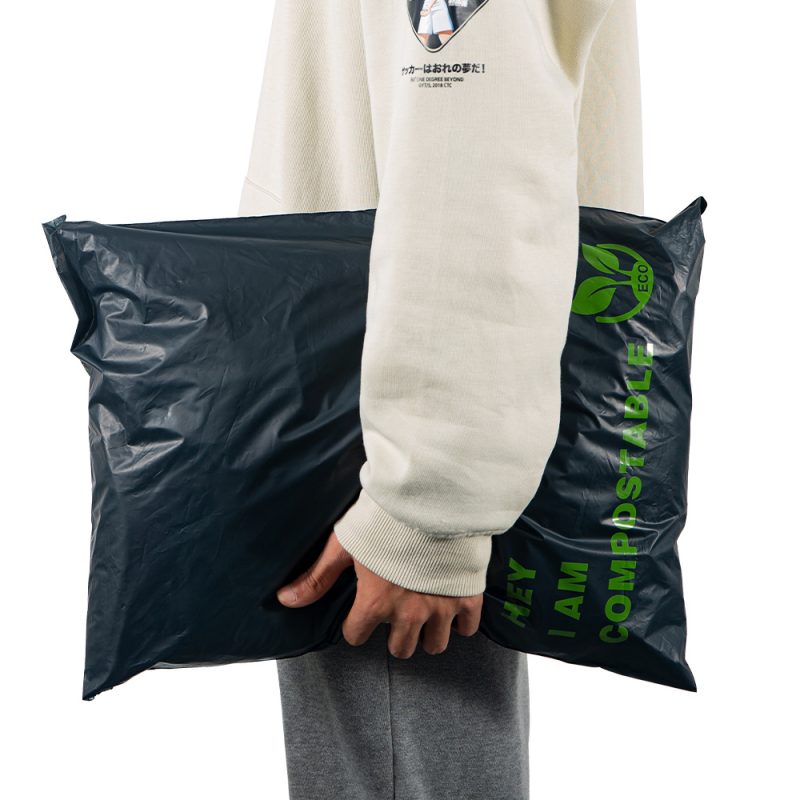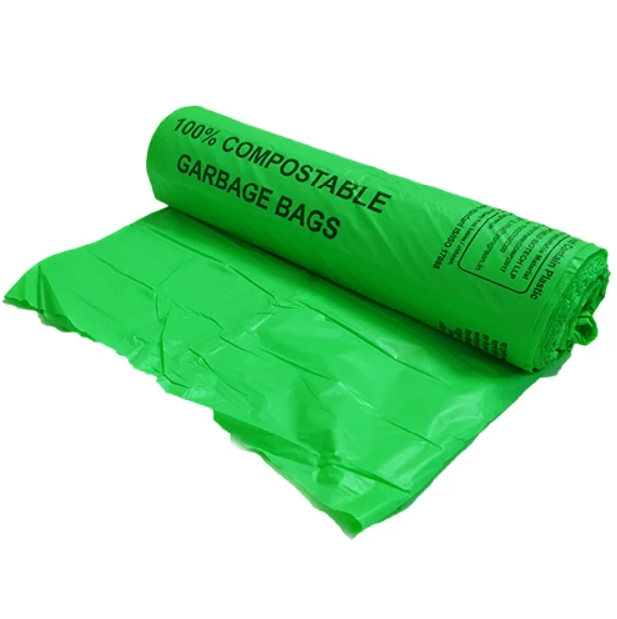No products in the cart.
Uncategorized
Compostable Packaging with 3 Amazing Secrets
Compostable packaging are made from plant-based, recycled materials.
What is Compostable Packaging?
Compostable packaging can break down and be disposed of in a way that is far kinder to the environment than plastic. When disposed of in the right environmental conditions, compostable products can return to the earth as soil within 180 days of disposal.
Compostable products requires less carbon to produce, provides the earth with nutrients and significantly reduces the amount of waste sent to landfill. Any business concerned with climate change and their carbon footprint has heard of and explored the value of compostable packaging for their business.

According to one source, to be labelled as “compostable”, packaging must meet the following criteria:
- Biodegradability — 90% of the packaging must break down into carbon dioxide, water and minerals within six months.
- Disintegration — 90% of packaging material must degrade into pieces smaller than two millimetres within 12 weeks.
- The packaging material can’t have any negative effects on the composting process.
- The packaging material can’t have a high heavy metal concentration.
Popular Compostable Packaging Materials
Some examples of materials, which used to make compostable bags include:
- PLA (Polylactic acid) or “corn plastic” — a plant-based, plastic-like material derived from renewable resources such as sugarcane
- CPLA (Crystallised Poly Lactic Acid)
- Bagasse
- Recycled paper
- Kraft board
03 Amazing Thing Maybe You Don’t Know:
Social Benefits of Using Compostable Packaging
Manufacturers today can’t afford to ignore green packaging. Customers are looking for sustainable packaging options. They are looking to invest in brands with a conscience, and with values. The environment matters to today’s consumer, particularly if you’re looking to appeal to millennials and Generation Z, who are particularly concerned with the environment.

Financial Benefits of Using Compostable Packaging
When customers engage with a brand and believe in its mission and purpose, they are more likely to become repeat customers. This loyalty is hugely important to any business.
When you use compostable packaging, your customers believe that you’re not just another soulless corporate entity. You are playing an active role when it comes to the environment and you are showing an interest in what really matters.

Environmental Benefits of Using Compostable Packaging
We have already covered the environmental benefits of compostable packaging, but to summarise:
- It uses less carbon than other packaging
- It doesn’t clog up landfills
- It helps companies make a positive contribution to reducing levels of pollution in the water, soil and air
- It helps to reduce the amount of virgin materials used to make packaging.
- It Is Free to Toxins and Allergens

